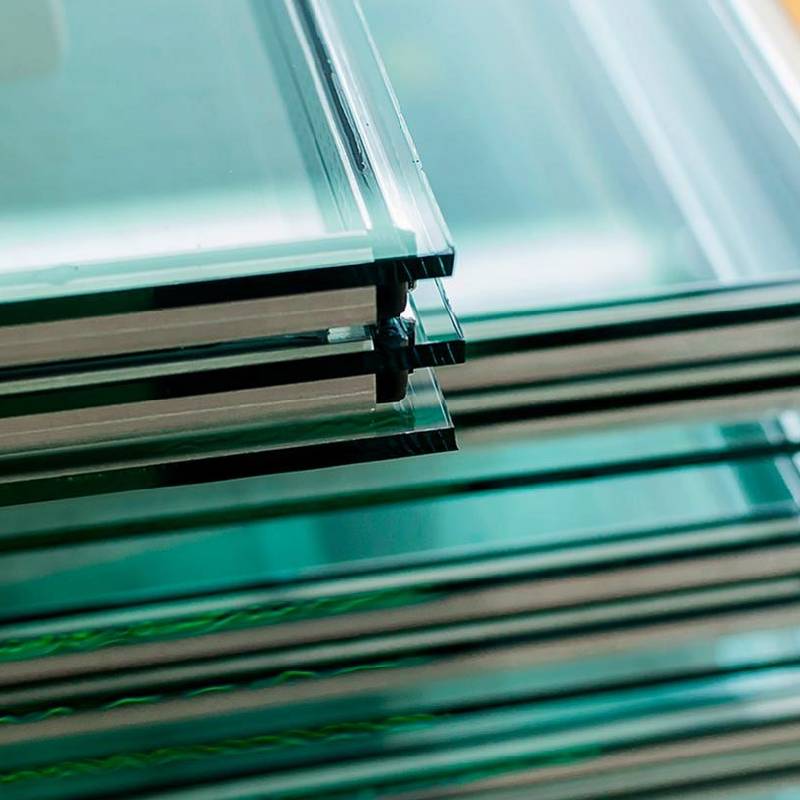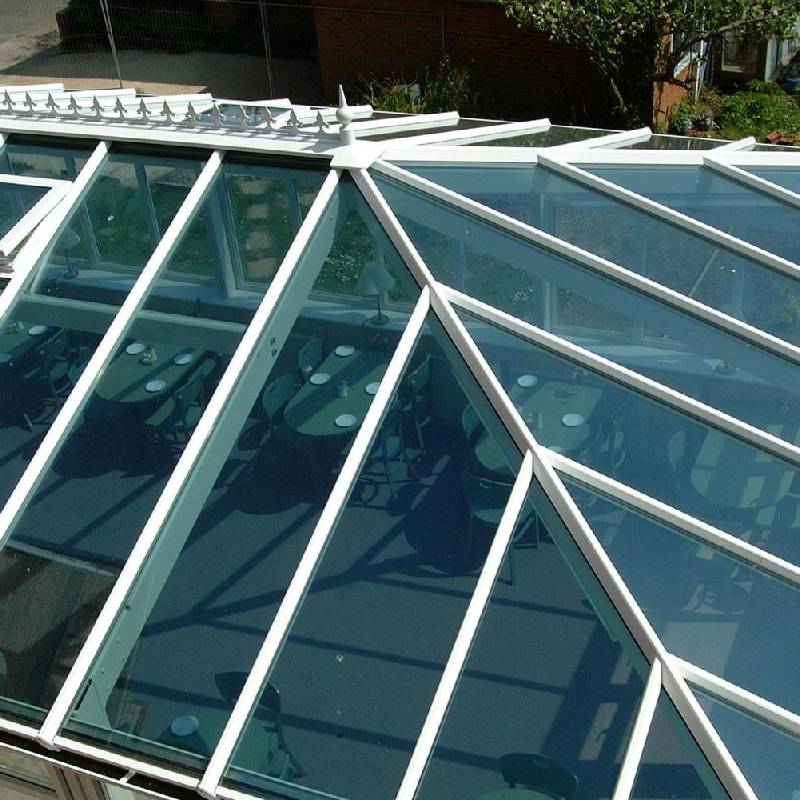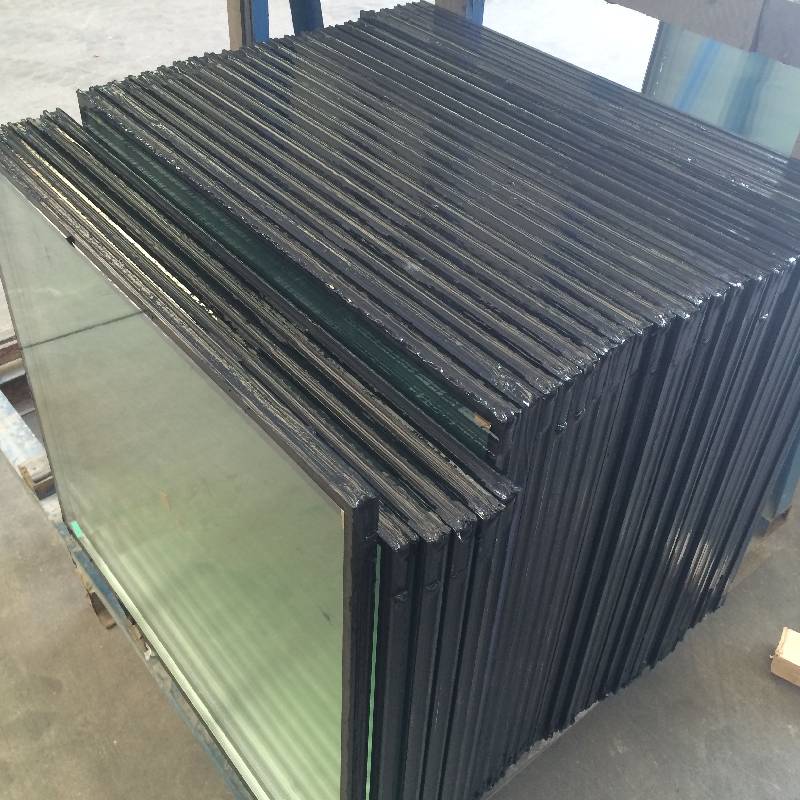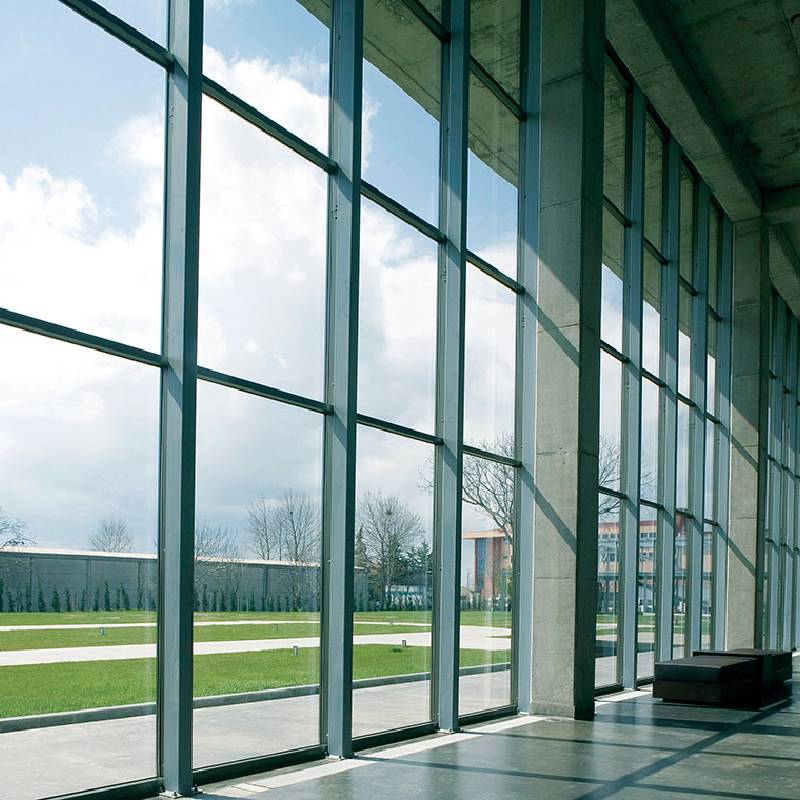

Insulated glass is a highly versatile construction material that offers a range of benefits for both residential and commercial applications. By using two or more pieces of glass separated by an aluminum spacer filled with a desiccant, insulated glass provides superior thermal performance and energy efficiency. The sealed unit is typically filled with dry air or inert gas, such as argon or krypton, which enhances its insulating properties. This not only helps to reduce heat transfer and improve sound insulation but also contributes to cost savings on both heating and cooling bills. Additionally, insulated glass is frost-resistant, ensuring optimal performance even in extreme weather conditions. With its emphasis on safety and stability, as well as customizable specifications and sizes, insulated glass offers a sustainable solution that aligns with the principles of environmental protection and energy conservation.
The following parameter values are needed for the quoted price of insulated glass - Transmittance, reflectivity, shading coefficient, visual shading coefficient, selection coefficient and heat transfer coefficient Specifications and sizes can be customized according to customers' requirements.
1.Heat insulation: Insulated glass helps to maintain a comfortable indoor temperature by reducing heat transfer through windows, resulting in energy savings and increased comfort.
2.Sound insulation: The construction of insulated glass helps to reduce noise transmission from the outside environment, providing a quieter and more peaceful indoor environment.
3.Frost-resistant: Insulated glass is designed to withstand extreme temperature changes without the risk of frost buildup, ensuring clear visibility and functionality even in cold weather conditions.
4.Safe and stable: The construction of insulated glass, with its multiple layers and sealed unit, provides enhanced safety and stability, reducing the risk of glass breakage and enhancing overall structural integrity.
5.Energy-efficient: Insulated glass helps to improve the energy efficiency of buildings by reducing the need for heating and cooling, resulting in lower energy consumption and reduced carbon emissions.
6.Environmentally friendly: By promoting energy efficiency and reducing overall energy consumption, insulated glass contributes to environmental sustainability and aligns with the principles of eco-conscious building design.
Glass curtain walls
Glass doors
Glass windows



